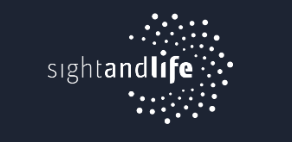Cause Area
Geographies Served
Programs
-
Phytase – making day-to-day food more nutritious
The implementation of phytase-fortified foods on a large scale is anticipated to decrease iron deficiency prevalence among women of reproductive age (WRA) by an estimated 30%. Despite robust evidence supporting this solution, the inclusion of phytase in human foods is a novel intervention. Consequently, over a span of four years, SAL, in collaboration with food companies and phytase manufacturers, will undertake the following:
1. Develop palatable, nutritious, easily accessible, and cost-effective phytase-fortified products that resonate with consumer preferences and needs.
2. Promote the production of phytase-fortified food items among food companies through educational workshops, and launch campaigns.
3. Create a sustainable business model that ensures ongoing benefits for stakeholders while also contributing to environmental and societal well-being.
4. Engage with regulatory authorities in India and Nigeria through meetings and workshops to comprehend the regulatory landscape.
Registration Details
-
Registration Number
570/2008-09
-
CSR Form 1
Not Available
-
FCRA
Not Available
About
-
Headquarters
Mirzapur, Uttar Pradesh
-
Since
1986
Impact
Sight and Life has supported over 3,200 research and project activities in over 80 countries across Africa, Asia Pacific and Latin America to improve nutrition and health outcomes.
Vision and Mission
Sight and Life envisions a world free from malnutrition. Its mission is to deliver science-based solutions to close the nutrition gap in vulnerable populations.
Political & Religious Declarations
-
Political Affiliation
-
Religious Affiliation
Location
-
Offices in Cities
Mirzapur
Other Details
-
Type
Non-profit
-
Sub Type
Society
Website
Technology Adoption
-
SOC 2 Compliant
No
-
Financial Management
-
Beneficiary Management

